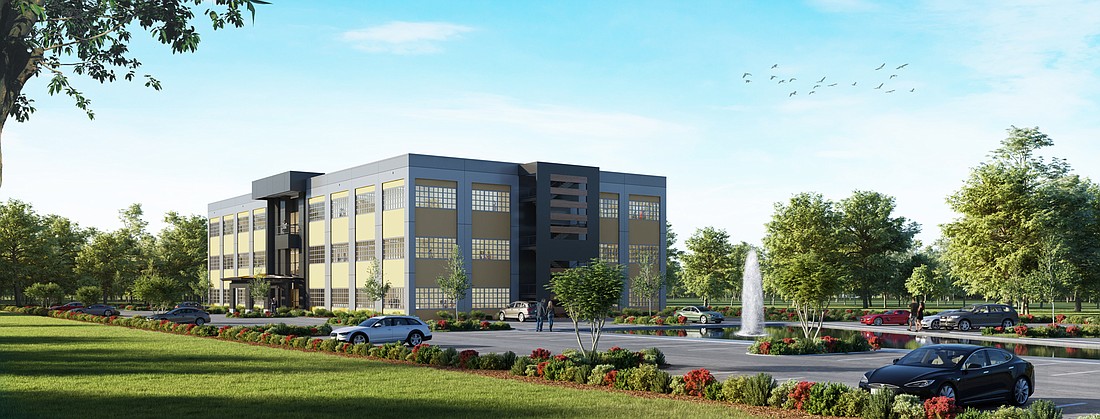- December 13, 2025
-
-
Loading

Loading

While much of the nation was riveted Election Day by coverage of who would win control of the U.S. Congress, Pasco County voters quietly, and overwhelmingly, approved a penny surtax for the third time.